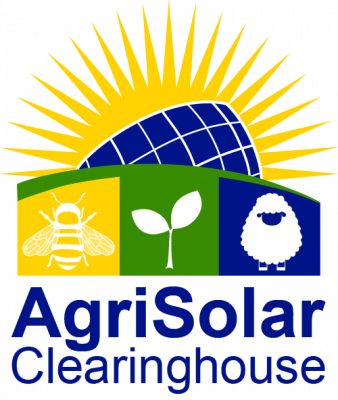This guide serves to help landowners navigate the complex and challenging decision process of whether to enter a solar lease. It presents key issues to consider and information to gather prior to making a decision, offers communication skills to help guide conversations with others connected to the land, and provides tips and tools for negotiating with the solar company on the terms of a solar lease.
This law bulletin from Ohio State University provides a number of things to do, issues to consider, people to consult, and questions to ask before and after signing a solar lease.
This guide presents considerations for landowners looking at leasing their land for solar development.
This research looks at the decision factors informing private landowners’ decisions to host solar sites on their land through a case study in California. Applying land system science and agricultural decision-making theory, we find that landowner decisions to host utility scale solar sites are based on profit-maximization, water availability, visual and ecological landscape values, and agricultural land preservation ethic.
This guide aims to help farmland owners understand solar energy development and the solar energy leasing process. While the guide includes specific information for Ohio, much of the information in the guide is relevant for farmland owners in any state. Authors present initial considerations for farmers, as well as an explanation of common legal documents and terms in solar leasing. The final chapter of the guide organizes solar leasing issues into a checklist tool that reviews questions to ask and actions to take when thinking about solar energy development on the farm.
